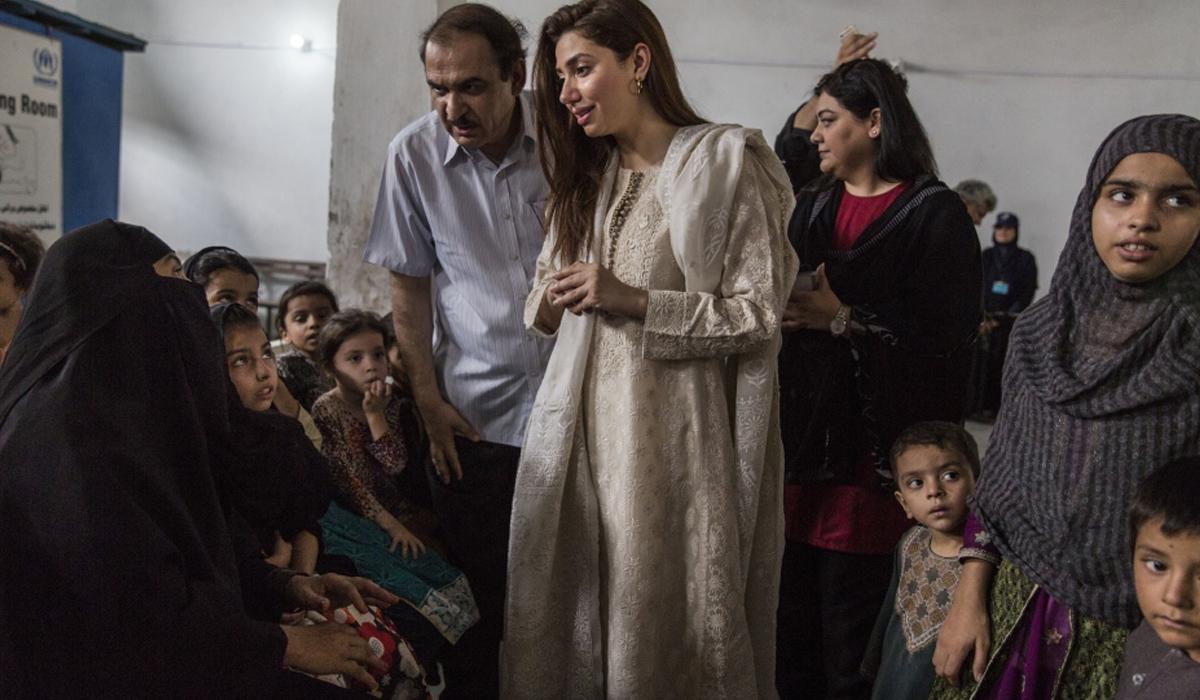Pashtuns of Afghanistan and Pakistan largely share common cultural values, traditions and language. The historical roots of Pashtuns on both sides of the border had a significant role in the historical development in subcontinents. These roots are well connected in every aspects of life. Their marital connections, trade relations, and social networking in fact diluted the territorial division between the two sovereign states.
Anglo-Afghan wars resulted in the terrestrial division of Pashtuns in the sub-continent and the Durand line agreement was deemed as the first international treaty with the colonial master of the sub-continent. This agreement, however, could not bifurcate the Pashtuns of both sides of the border. The populous Federally Administrative Tribal Area (now a part of modern-day Khyber Pakhtunkhwa) continued with strong ties with the Pashtuns from aross the border.

When USSR attacked Afghanistan in 1979, General Zia-ul-Haq, the military ruler of Pakistan glorified historical relations with Afghanistan in order to mobilize support in Pakistan for the Afghan resistance against USSR.
Though this support is often seen in the context of the cold war but the the deep-rooted Pashtun brotherhood factor can also not be denied which appeared as a strong reason to support Afghans not only in the battlefield but also for Pakistan to wide open its border to accommodate the flood of immigrants from across the border.
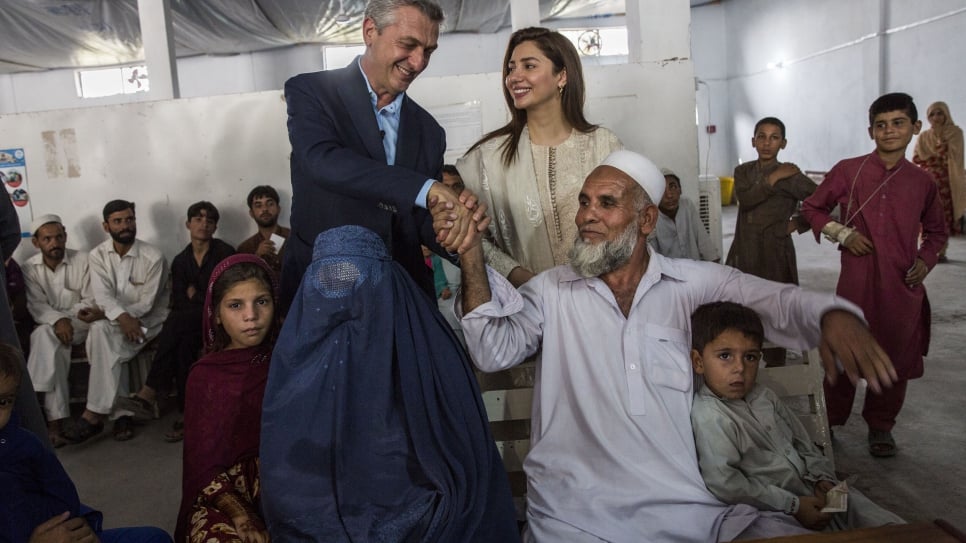
According to the latest report by the UN High Commissioner for Refugees, Pakistan is the 4th largest refugee host country in the world, hosting refugees for over four decades, mostly comprising Afghan refugees from the Soviet-Afghan War era.
According to latest reports, the number of Afghan refugees in Pakistan currently stand at 1.5 million, mostly scattered across the urban and semi-urban areas of Khyber Pakhtunkhwa and in Karachi.
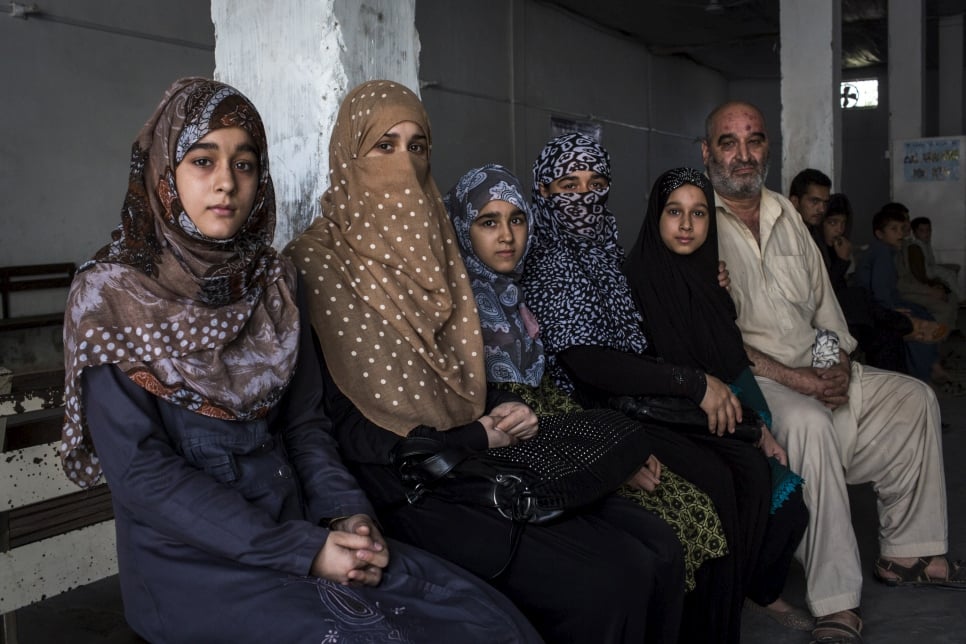
For decades, next-door Pakistan has provided a safety valve for Afghan refugees who fled successive periods of conflict and repression, hosting up to 5 million at a time. The reception has not always been enthusiastic, but it has been heavily subsidized by the United Nations, and most refugees have easily blended into the large population of ethnic Pashtuns that historically straddled the border.
Pakistan’s Afghan Policy after the Russia’s intervention left impact on Pakistan’s culture at large.
Pakistan as a whole could not escape from Afghan refugees’ impact on the social, cultural and economic environment, but Peshawar was most affected. Being the the front line city of Pakistan to Afghan borders, Peshawar absorbed the major influx of refugees from Afghanistan.

Keeping the negativity aside, Afghan refugees have created a long-lasting impact on the social and cultural enivornment of Pakistan, especially in Khyber Pakhtunkhwa.
By the end of Zia-ul-Haq’s eleven years martial law in 1988, Afghan refugees were well settled and deemed as permanent feature in Peshawar city. They carried National Identity Cards and passports, and purchased properties in Peshawar without any hurdles. They established matrimoial alliances with strong tribes in tribal areas of Pakistan and a lot of young boys got married with Afghan girls in the city of Peshawar.
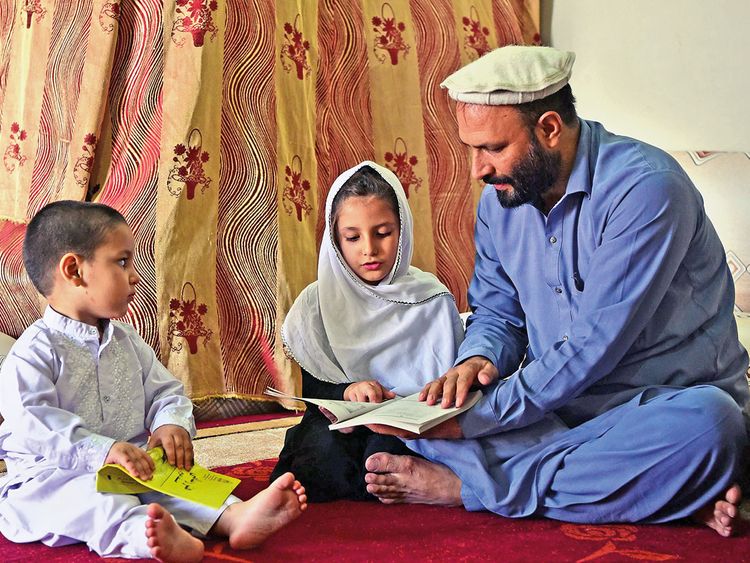
The cultural harmony of Pashtuns from both sides of the border had a long lasting affect on the social culture of Pakistan. Family values, pattern of social interaction, gender behavior and demography had profound effects from Afghans refugees who are now a part of Pakistani socities since decades.
In bazars in Peshawar, thousands of Afghans could be seen running hundreds of shops bursting with local and Chinese goods, fresh fruits, and vegetables — visible signs of their economic contributions.
“I feel like I am in my own village, my own country,” said Ashiqullah Jan, a 43-year-old refugee.
Iqra Khan, a Peshawar local, says she likes Afghan cultural dresses and has recently got herself an Afghani frock for attending a marriage ceremony. She explains that most of the Afghan refugees are Pashtuns, and many of their cultural practices match with the local Pashtun community. She appreciates that the Afghan frock is now liked and used by women all over Peshawar.
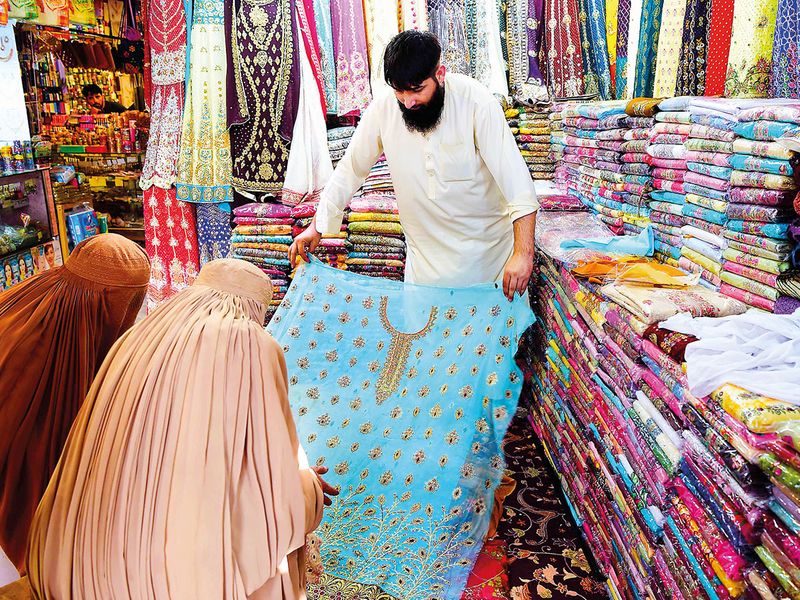
Likewise, Professor Zafar Khan from the Sociology Department of the University of Peshawar says that Pakistani women like Afghan dresses and men also like Afghan Shalwar Kameez. He says that the use of Afghan cuisine like Afghani Pulao, Qehwa, and Pati Teeki is widespread in Pakistan.
He also says that several Afghan Pashto words have entered into the local jargon of Peshawar.

“I do not want to go back to Afghanistan”
Pakistan hosts 1.4 million Afghan refugees, of whom 74 per cent are second or third generation, meaning they were born in Pakistan or are the children of refugees born there.
But many Pakistanis view them with suspicion, accusing them of spurring militancy and criminality, and calling for them to be sent home.
Under Pakistan’s constitution, anyone born in the country after 1951 has the right to citizenship. But feeling against the Afghan refugees is so strong that no leader has dared take moves to implement the policy until recently the current Pakistani Prime Minister Imran Khan vowed to grant citizenship to Afghan refugees born in Pakistan.
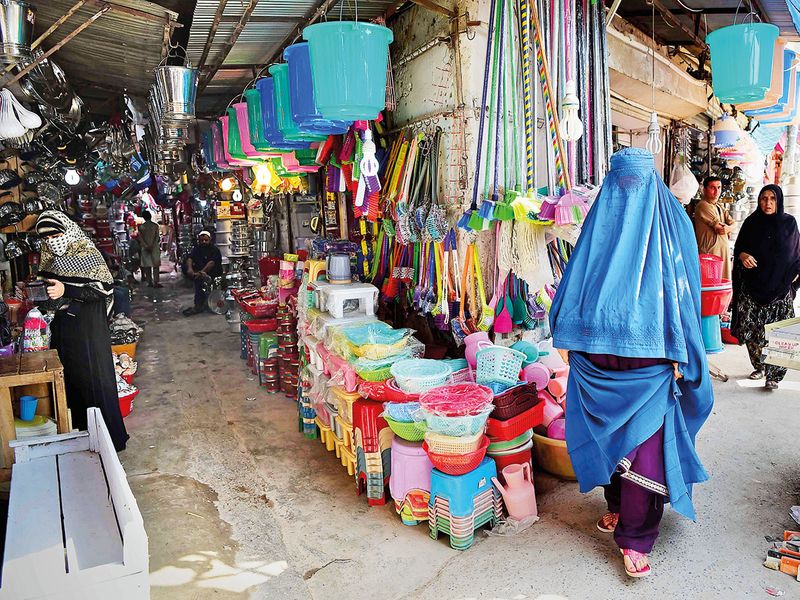
Khan’s promise is the first time any Pakistani premier has made such a vow — which will potentially create more than a million new Pakistani citizens.
Most Pakistanis who spoke to AFP in the local markets of Peshawar city, whose proximity to the Afghan border has made it a centre for refugees, remained staunchly opposed the move.
The government should send the refugees home “as soon as possible”, 42-year-old Rehman Gul told AFP.
Azeem Khan, a fresh produce seller, was one of the few Pakistanis supporting the move. “When you are born in America, you get an American passport … so why not here? How cruel it is for them,” he said.
Refugee Khayesta Khan, one of the refugees, told AFP there was “nothing left” in Afghanistan but “the Taliban and Daesh (Islamic State) and bombs”.
“I was born here … Pakistan is my country and I do not want to leave it,” he said as the fiery debate subsided.
Muhammad Saleem, a refugee who lives Peshawar, says that he works and owns a house in Peshawar, while his parents are also buried there, He further adds that he would never want to go back to Afghanistan. Saleem says he is having a good time in Pakistan, and he has made a lot of friends here. He laments that nothing is left for him in Afghanistan, and he doesn’t want to go there.
Many Afghan refugees in Peshawar have similar feelings to those of Saleem. Most of them are second to third-generation refugees, who have never even once been to Afghanistan. For them, home is Pakistan, as the home is always where the heart is.
Also Read: This Afghan Refugee Doctor Is Breaking Barriers To Save Lives of Coronavirus Patients in Pakistan
This Hakeem Saib From Kabul Claims To Have Discovered An Antidote For Coronavirus


